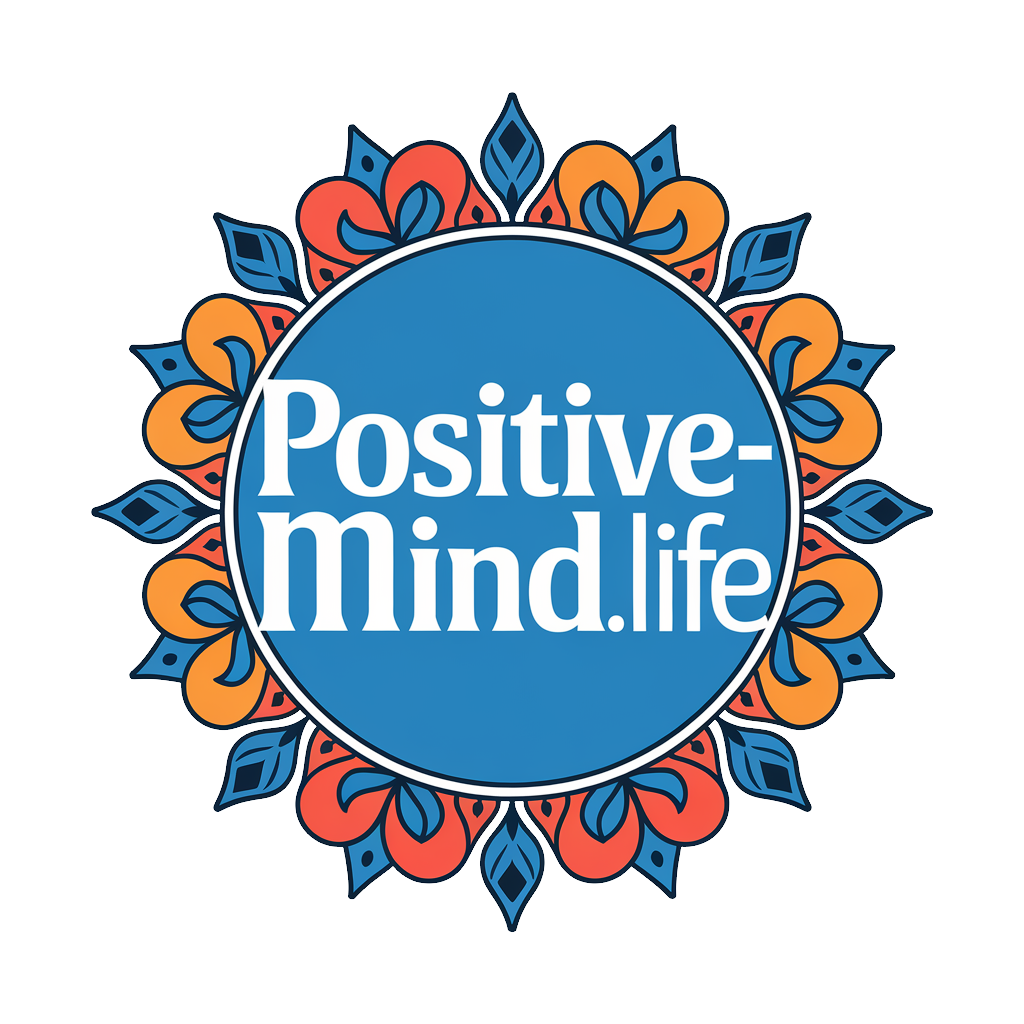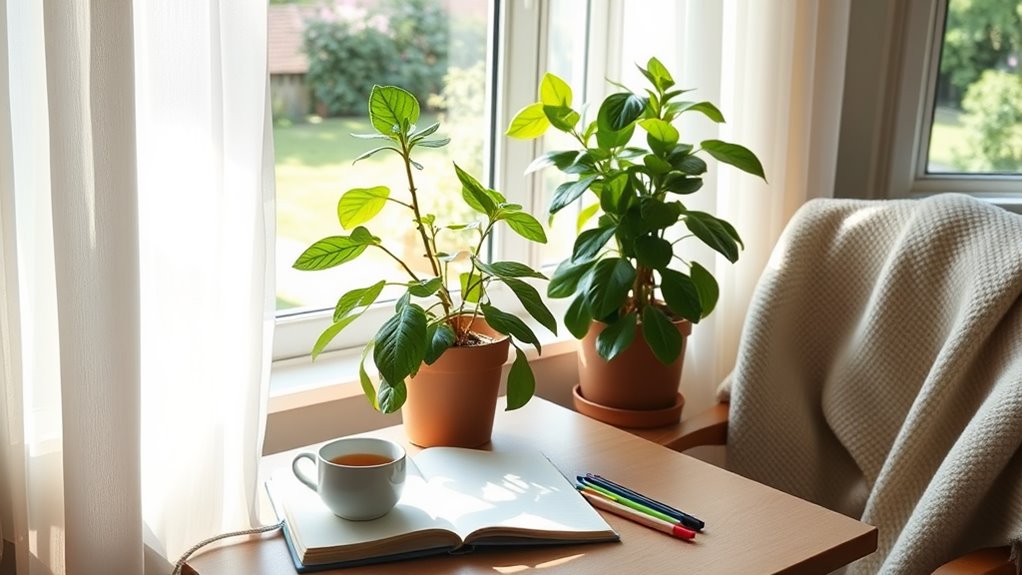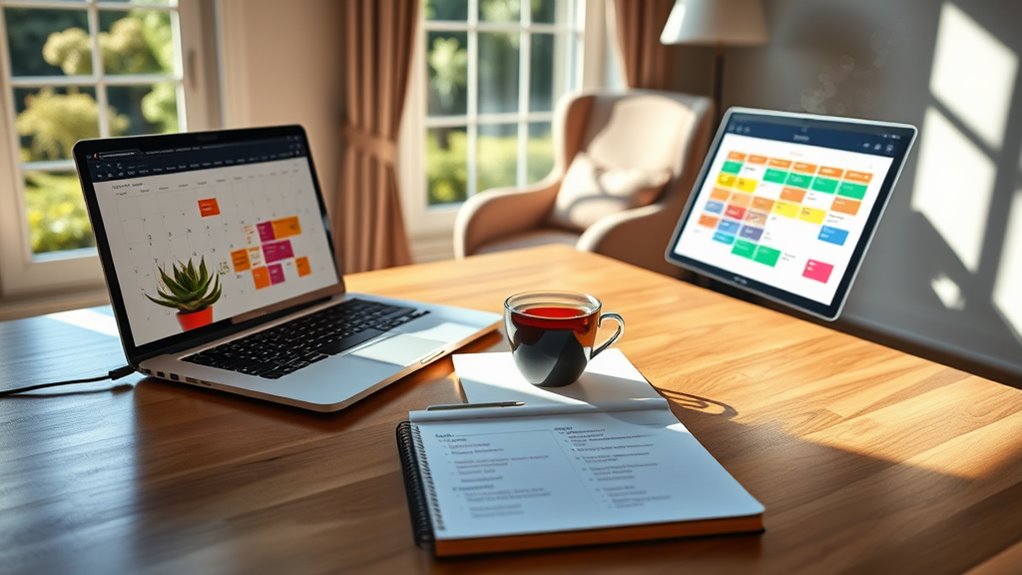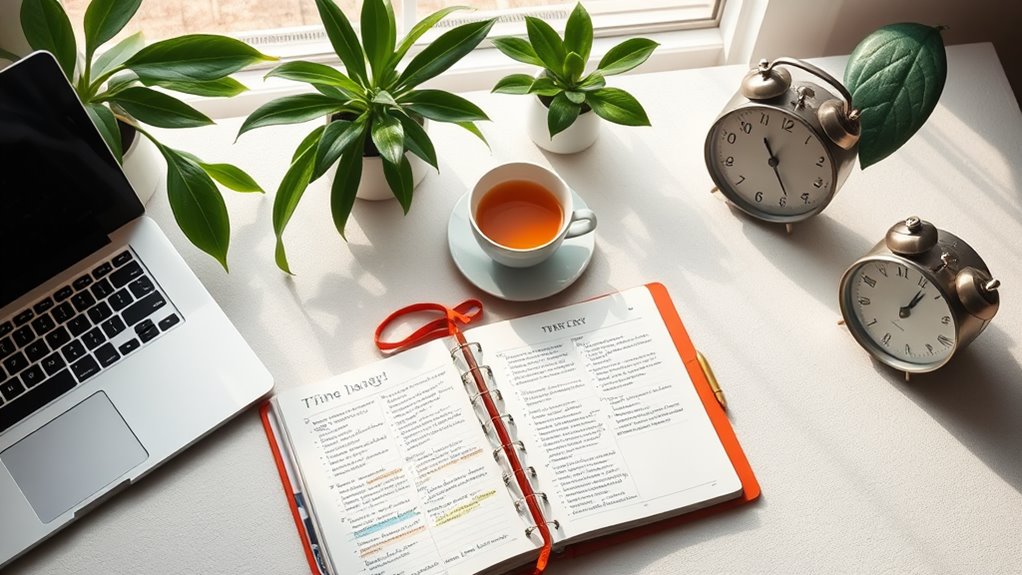5 Easy Hacks for Managing Stress That You’ve Never Tried!
You might be surprised by how simple it can be to manage stress with these five hacks. Try unique breathing techniques like the 4-7-8 method, which helps lower anxiety. Engage in creative expression, whether it’s journaling or painting, to process emotions. Incorporate short mindfulness practices, like breath awareness or mindful walking, into your daily routine. Adjust your environment by decluttering and adding natural elements like plants to promote calmness. Finally, explore alternative therapies such as yoga or aromatherapy, which can provide relief. Stick around, and you’ll discover even more transformative strategies that can enhance your well-being.
Unique Breathing Techniques
Stress often feels overwhelming, but unique breathing techniques can offer a path to calmness and clarity. Research shows that focused breathing can activate your body’s relaxation response, helping you manage stress more effectively. One effective method is the 4-7-8 technique. Inhale deeply through your nose for a count of four, hold your breath for seven counts, then exhale slowly through your mouth for eight counts. This simple practice can help lower anxiety and improve sleep quality.
Another technique worth trying is box breathing. Inhale for four counts, hold for four, exhale for four, and pause for another four. This rhythmic breathing pattern can enhance concentration and reduce stress levels, making it perfect for moments when you feel overwhelmed.
You might also explore diaphragmatic breathing, which involves deepening your breaths by engaging your diaphragm. Place one hand on your chest and the other on your abdomen; aim to expand your abdomen as you breathe in. By incorporating these techniques into your daily routine, you can create a powerful toolset for managing stress, allowing you to navigate life’s challenges with greater ease and resilience.
Creative Expression Methods
Finding effective ways to manage your emotions can significantly enhance your well-being, and creative expression methods are a powerful tool in this regard. Engaging in activities like painting, writing, or dancing can help you process feelings and reduce stress. Research shows that these creative outlets can activate the brain’s reward system, releasing dopamine, which boosts mood and promotes relaxation.
You don’t have to be a professional artist or writer to benefit from creative expression. Simply allowing yourself to doodle or journal can provide a safe space to explore your thoughts without judgment. Music, too, plays a vital role; listening to or creating melodies can help you release pent-up emotions, making it easier to cope with stress.
If you’re unsure where to start, try setting aside a few minutes each day for a creative activity. Use prompts for writing, paint with no specific goal in mind, or dance freely to your favorite songs. The key is to enjoy the process and let go of perfectionism. By incorporating these methods into your routine, you can foster emotional resilience and create a healthier way to manage stress.
Mindfulness Practices for Everyone
Practicing mindfulness can transform your daily life in just a few minutes each day. Research shows that even short mindfulness practices can significantly reduce stress and improve overall well-being. You don’t need to set aside hours; incorporating these simple techniques into your routine can help you feel more grounded and present.
Here are some practical mindfulness practices you can try:
- Breath awareness: Spend a few minutes focusing solely on your breath. Notice the inhalation and exhalation while letting go of distractions.
- Mindful walking: Take a short walk and pay attention to the sensations in your feet, the rhythm of your steps, and the environment around you.
- Body scan: Lie down comfortably and mentally scan your body from head to toe, noticing areas of tension and consciously relaxing them.
- Gratitude journaling: Each day, jot down three things you’re grateful for. This simple act can shift your focus from stress to appreciation.
- Mindful eating: Slow down during meals, savor each bite, and notice the flavors and textures of your food.
Adjusting Your Environment
Since your surroundings can greatly influence your mood and stress levels, adjusting your environment can be a powerful way to promote relaxation and focus. Research shows that a cluttered space can lead to increased anxiety, so start by decluttering your area. This simple act can create a sense of calm and control, making it easier for you to concentrate.
Next, consider the lighting in your environment. Natural light is known to boost mood and energy, so if possible, let in as much sunlight as you can. If that’s not an option, opt for soft, warm lighting to create a cozy atmosphere.
Incorporating elements of nature can also be beneficial. Studies suggest that having plants in your space can reduce stress and improve cognitive function. Even a small succulent on your desk can make a difference.
Lastly, pay attention to the sounds around you. If your environment is noisy, consider using white noise machines or calming music to drown out distractions. By thoughtfully adjusting your environment, you can create a space that nurtures your well-being and enhances your ability to manage stress effectively.
Alternative Therapy Options
Alternative therapy options can offer valuable tools for managing stress and enhancing overall well-being. With increasing research backing their effectiveness, these approaches can complement traditional methods. You might find that exploring these alternatives can lead to a more balanced mental state. Here are some options to consider:
- Mindfulness Meditation: Practicing mindfulness can help you remain present and reduce anxiety.
- Yoga: This combines physical postures, breathing exercises, and meditation, promoting relaxation and reducing stress.
- Aromatherapy: Using essential oils like lavender or chamomile can create a calming environment, helping to alleviate tension.
- Acupuncture: This ancient practice can restore energy balance and has been shown to help with stress reduction.
- Art or Music Therapy: Engaging in creative expression can provide an emotional outlet and enhance mood.
Trying any of these methods might help you discover what resonates best with you. Remember, the goal is to find what reduces stress in your life and promotes a sense of calm. Don’t hesitate to consult a professional to guide you through these options, ensuring a tailored approach to your stress management.
Frequently Asked Questions
How Can I Incorporate Stress Management Into My Daily Routine?
To incorporate stress management into your daily routine, try scheduling short breaks for mindfulness, deep breathing, or light exercise. These small adjustments can significantly enhance your resilience and overall well-being throughout the day.
What Role Does Diet Play in Managing Stress Effectively?
Diet plays a crucial role in managing stress. You should focus on balanced meals rich in whole foods, antioxidants, and omega-3 fatty acids. They help stabilize mood and energy levels, making stress more manageable for you.
Can Exercise Help Reduce Stress, and How Often Should I Do It?
Imagine a pressure cooker: without release, it explodes. Exercise acts as that release, reducing stress. Aim for at least 150 minutes of moderate activity weekly, and you’ll feel a noticeable difference in your mood.
Are There Specific Relaxation Techniques for Children?
Yes, there are specific relaxation techniques for children. You can try deep breathing, progressive muscle relaxation, or guided imagery. Incorporating these practices into their routine can help them manage stress effectively and develop coping skills.
How Do I Identify My Personal Stress Triggers?
Identifying your stress triggers is like uncovering hidden treasures. Start by journaling your feelings during stressful moments. Reflect on patterns, situations, or people that ignite your anxiety. Awareness is your first step to reclaiming peace.





